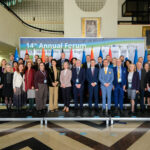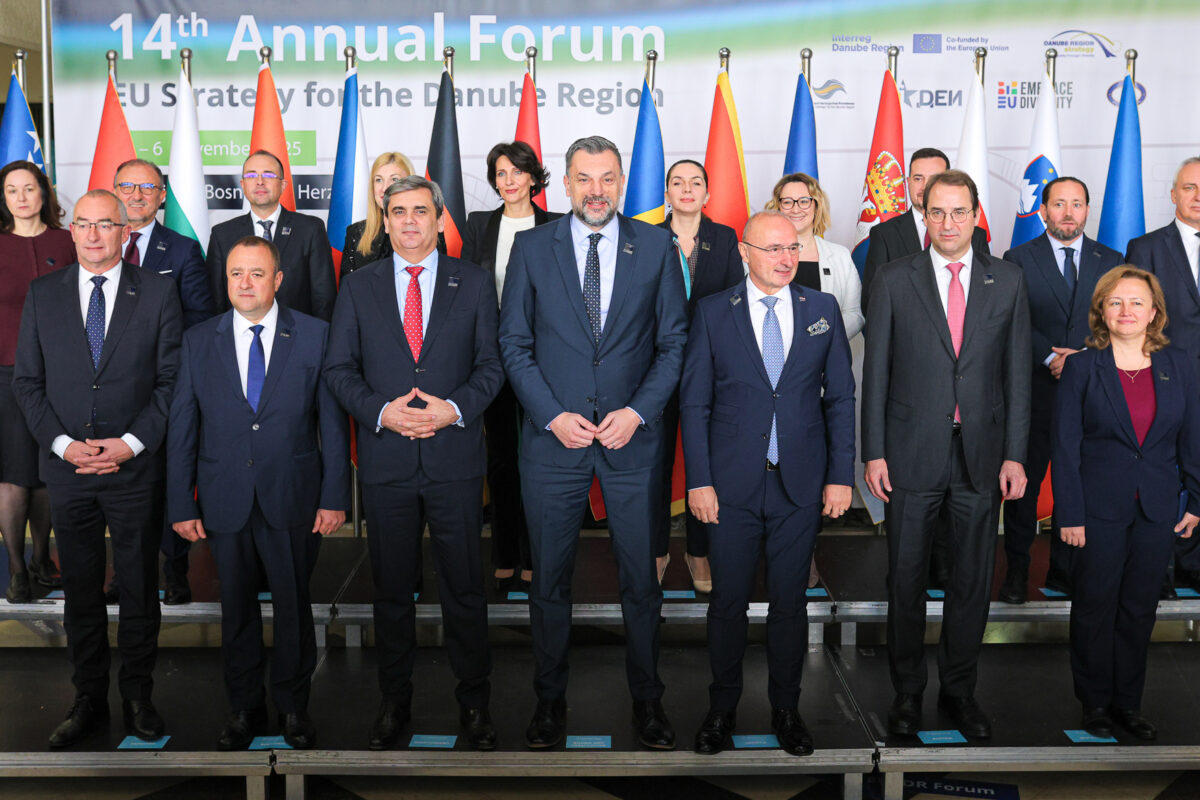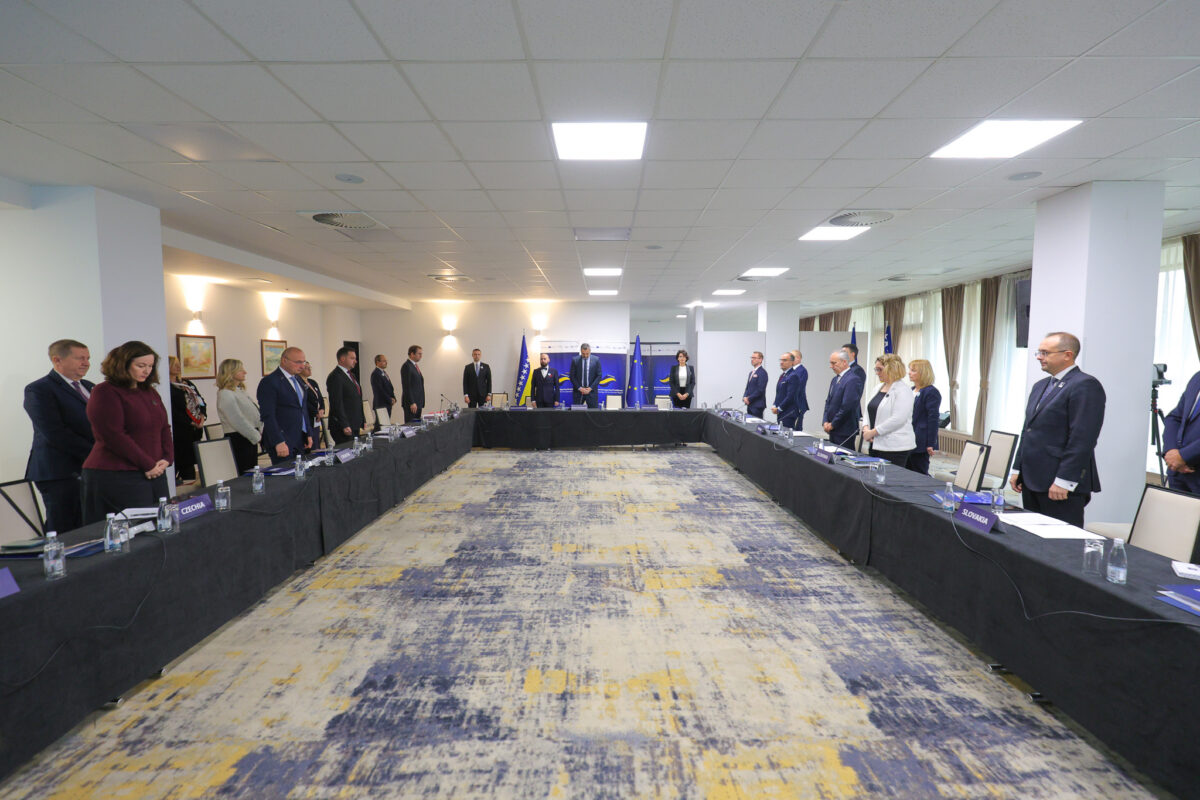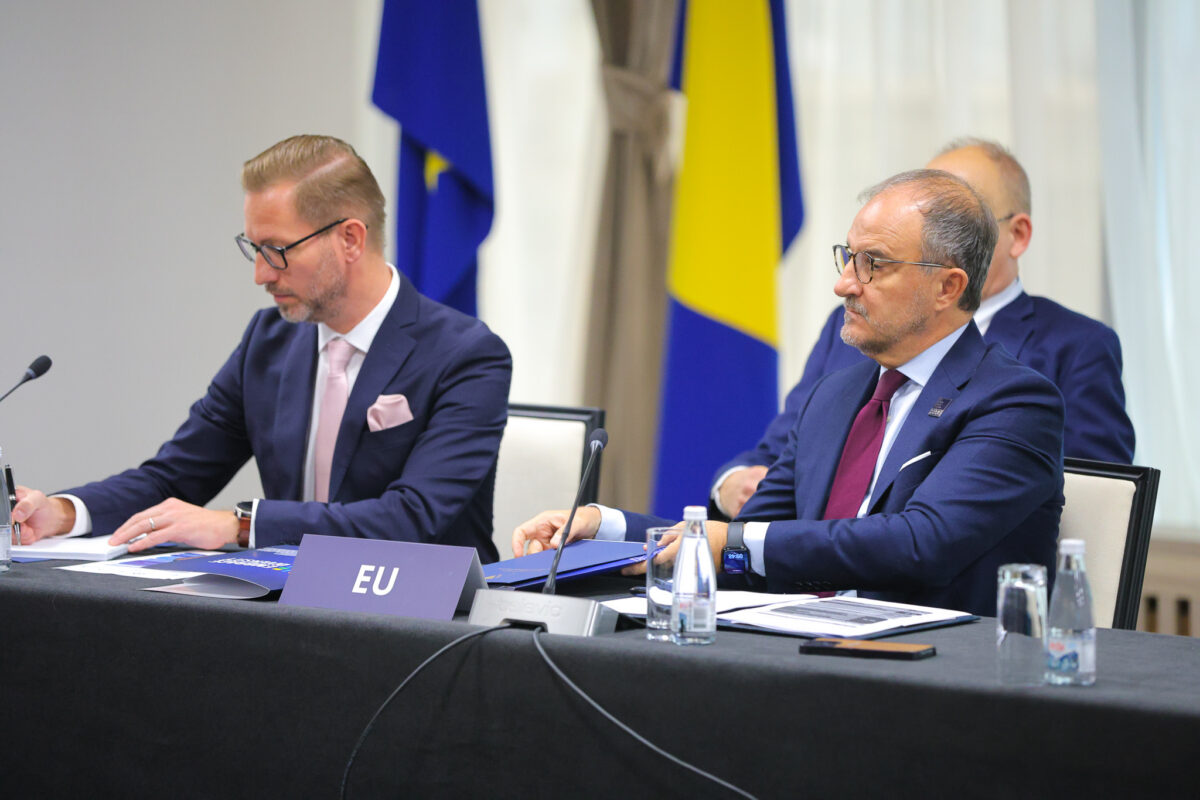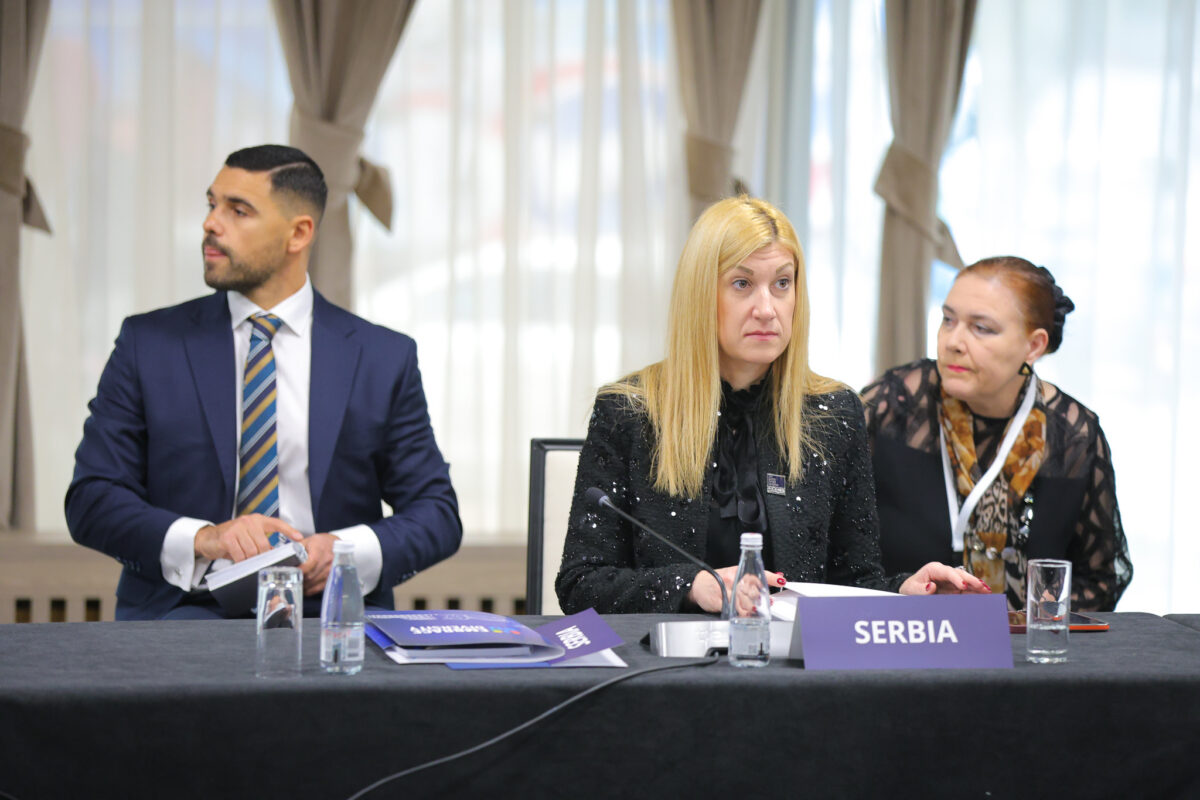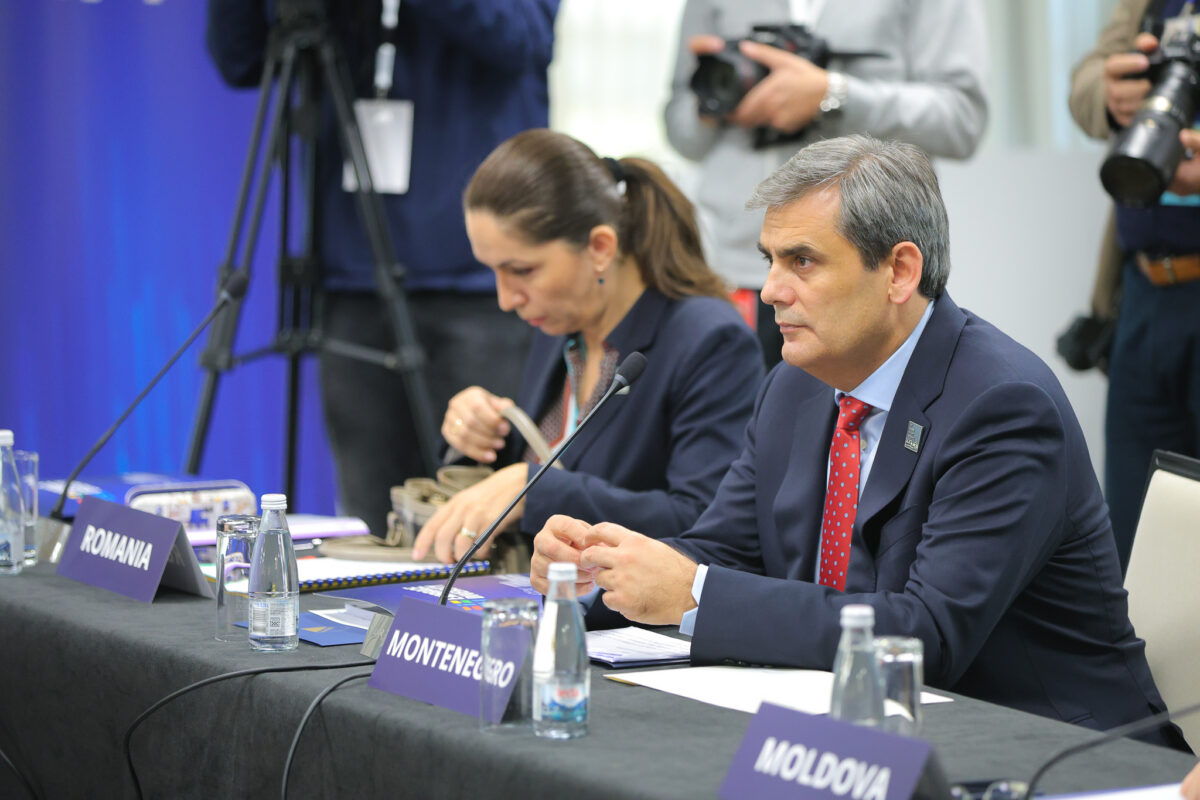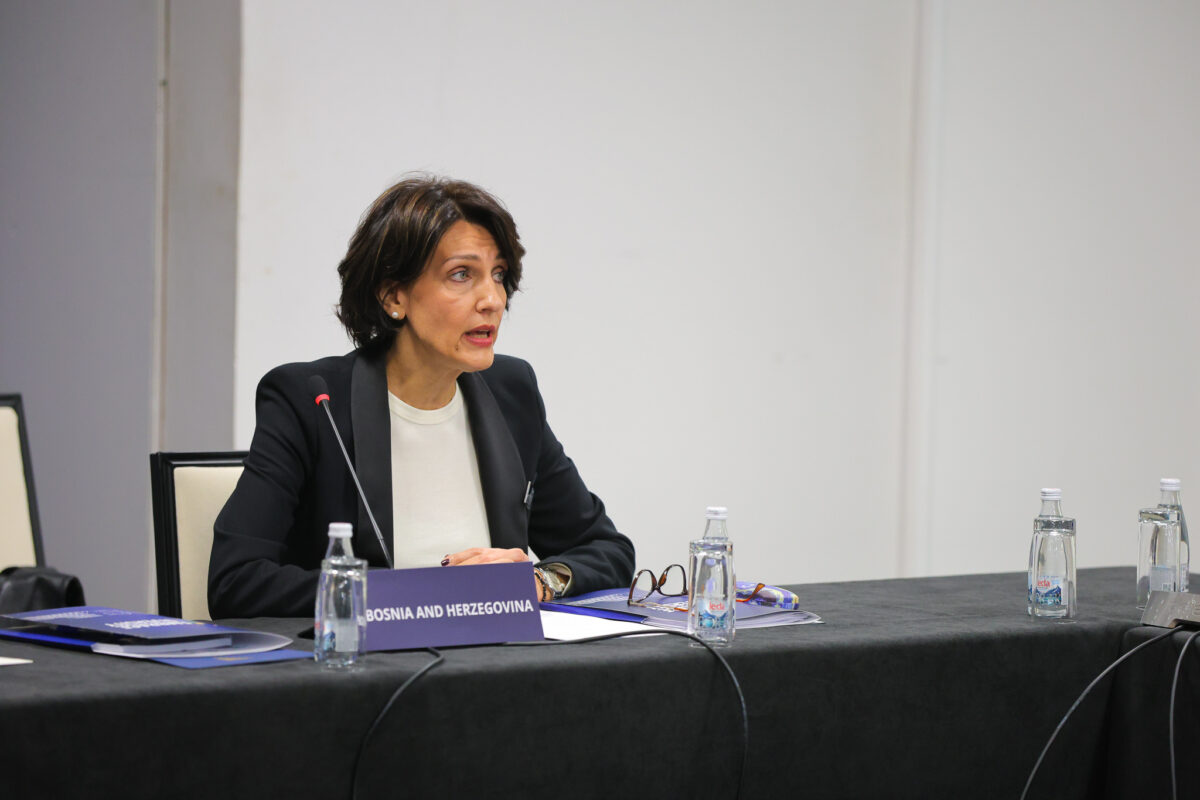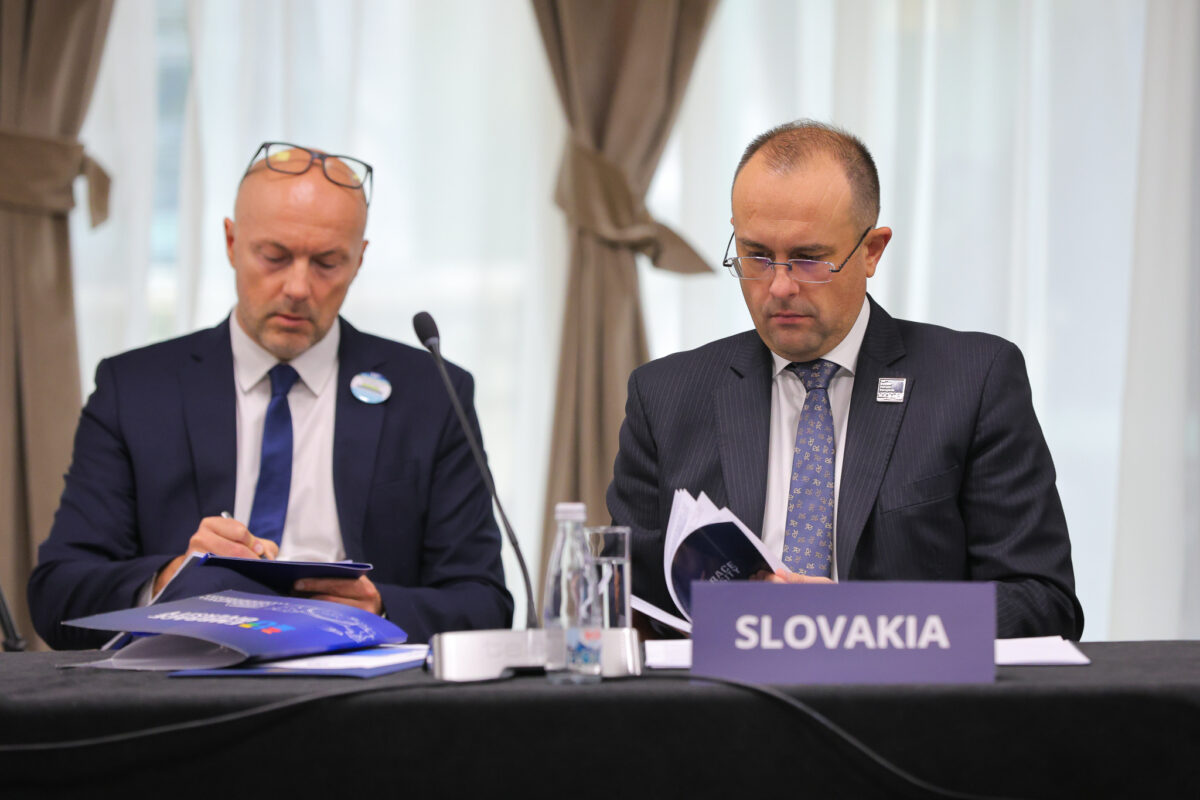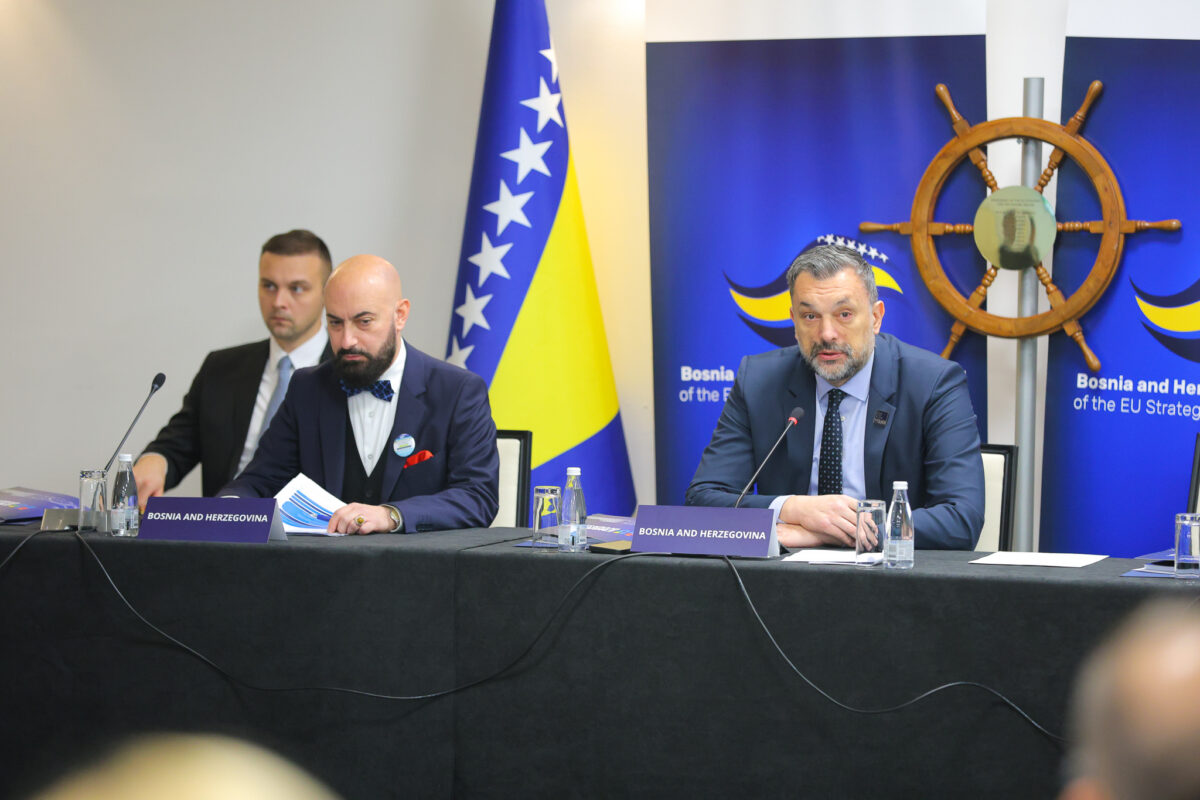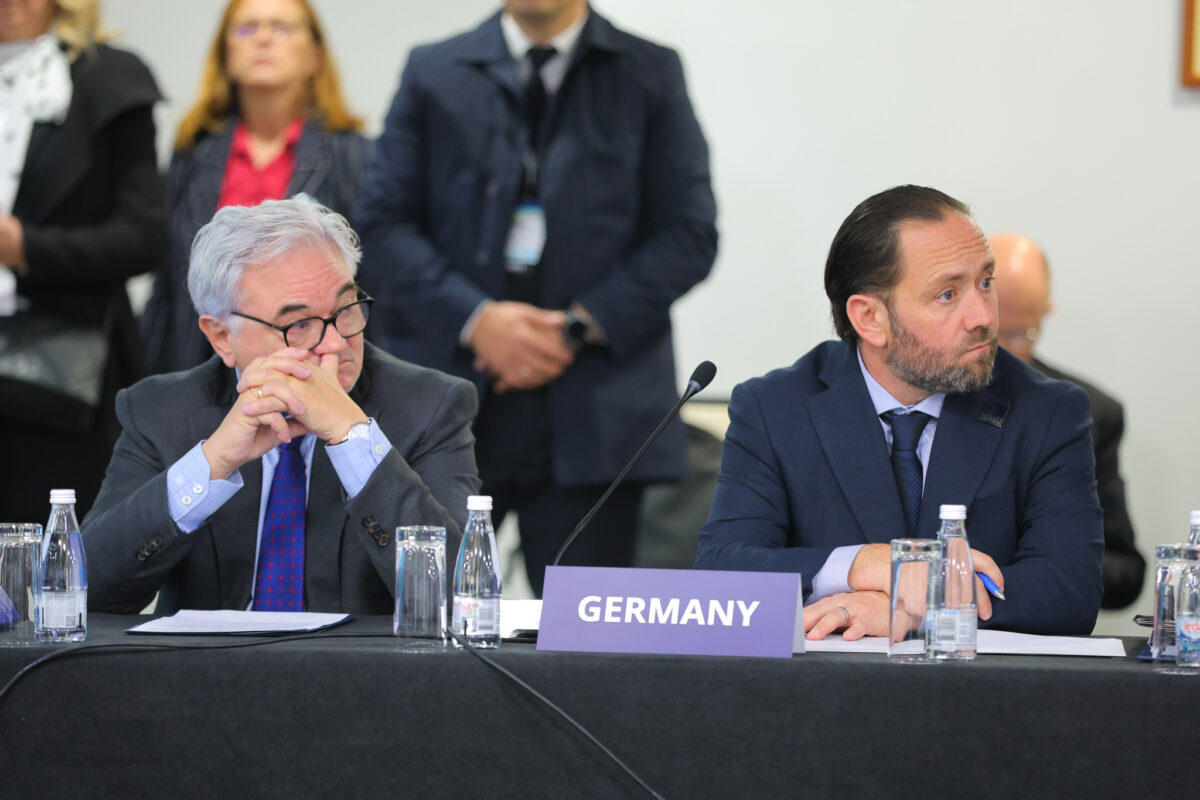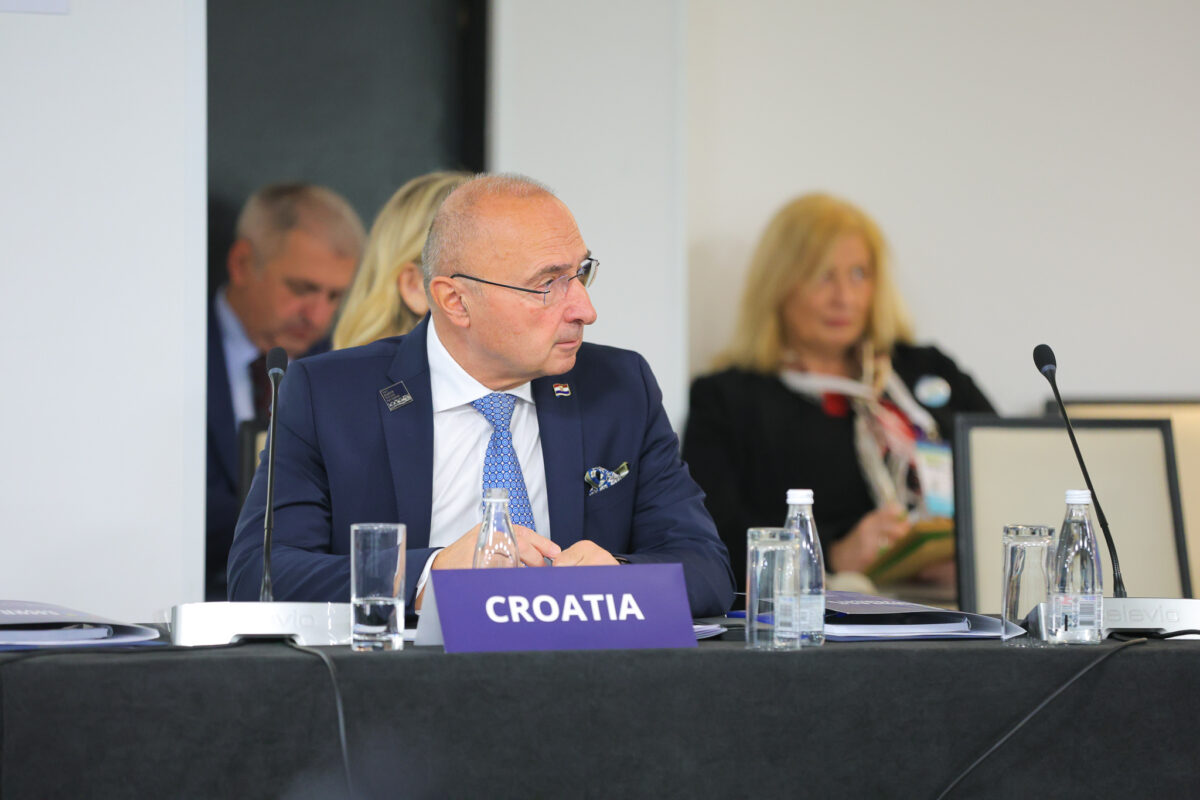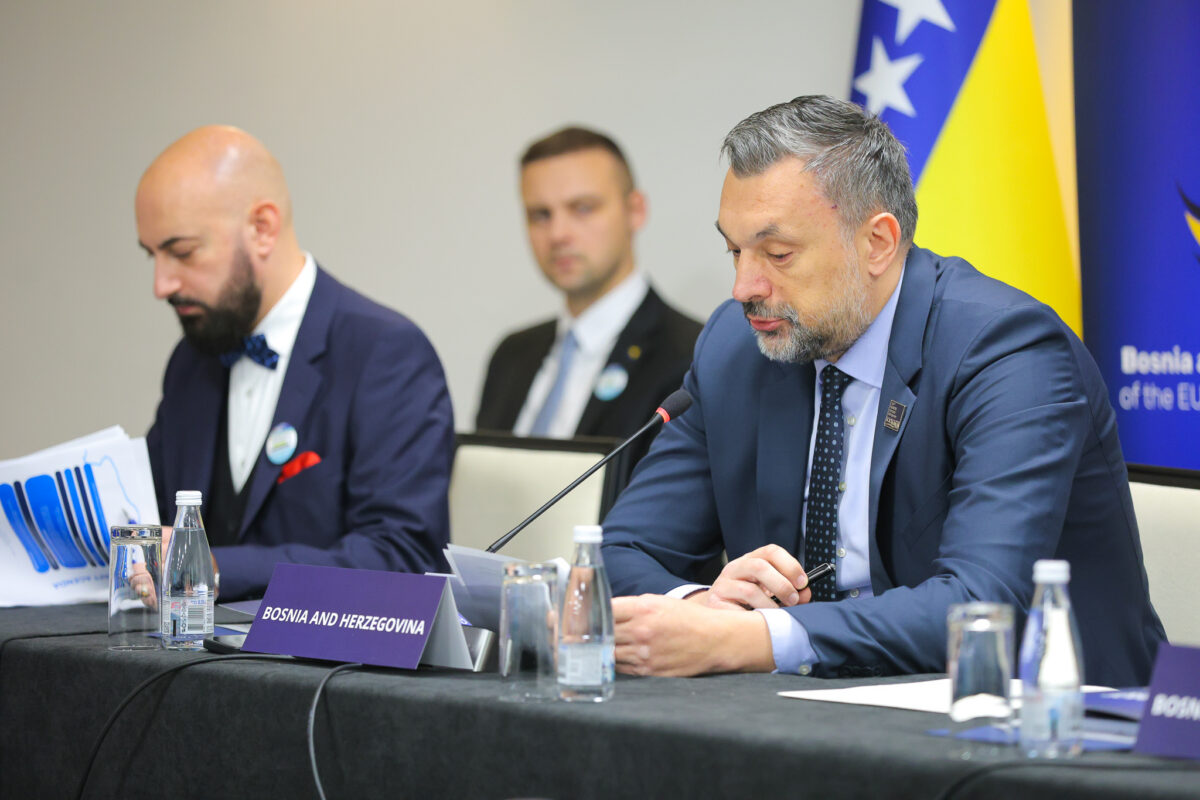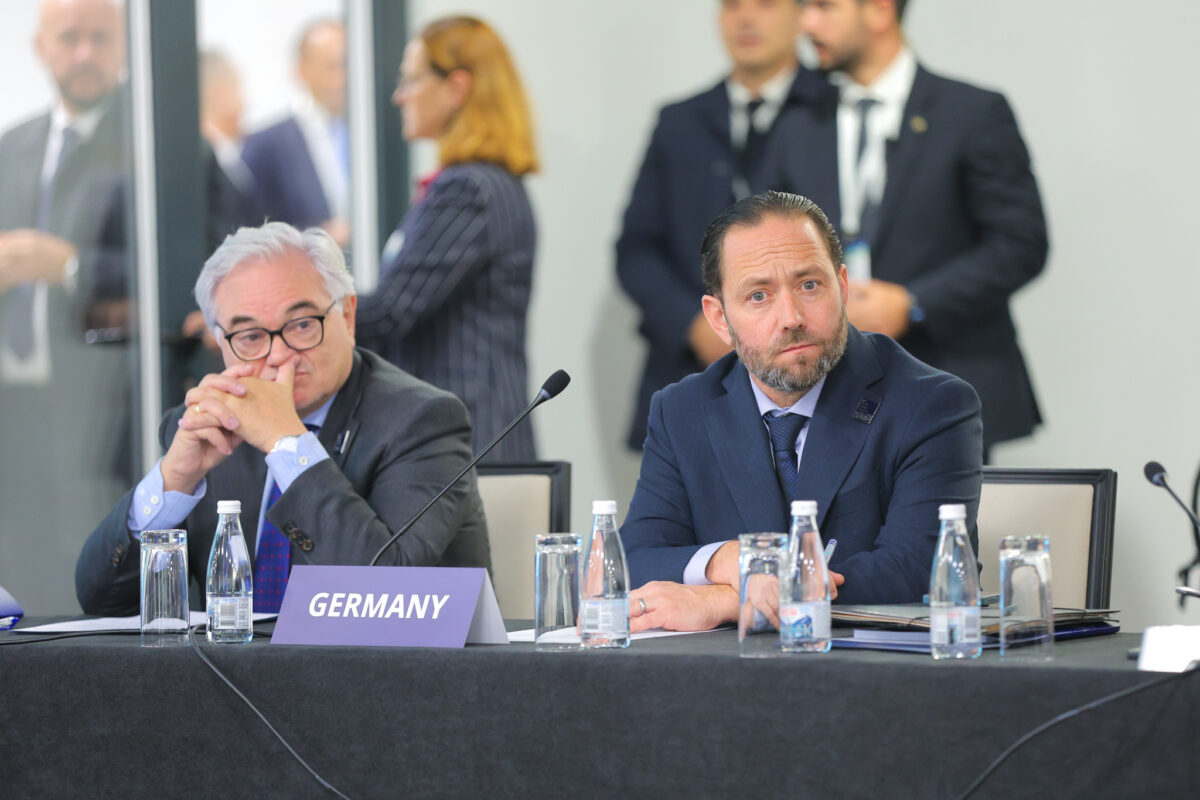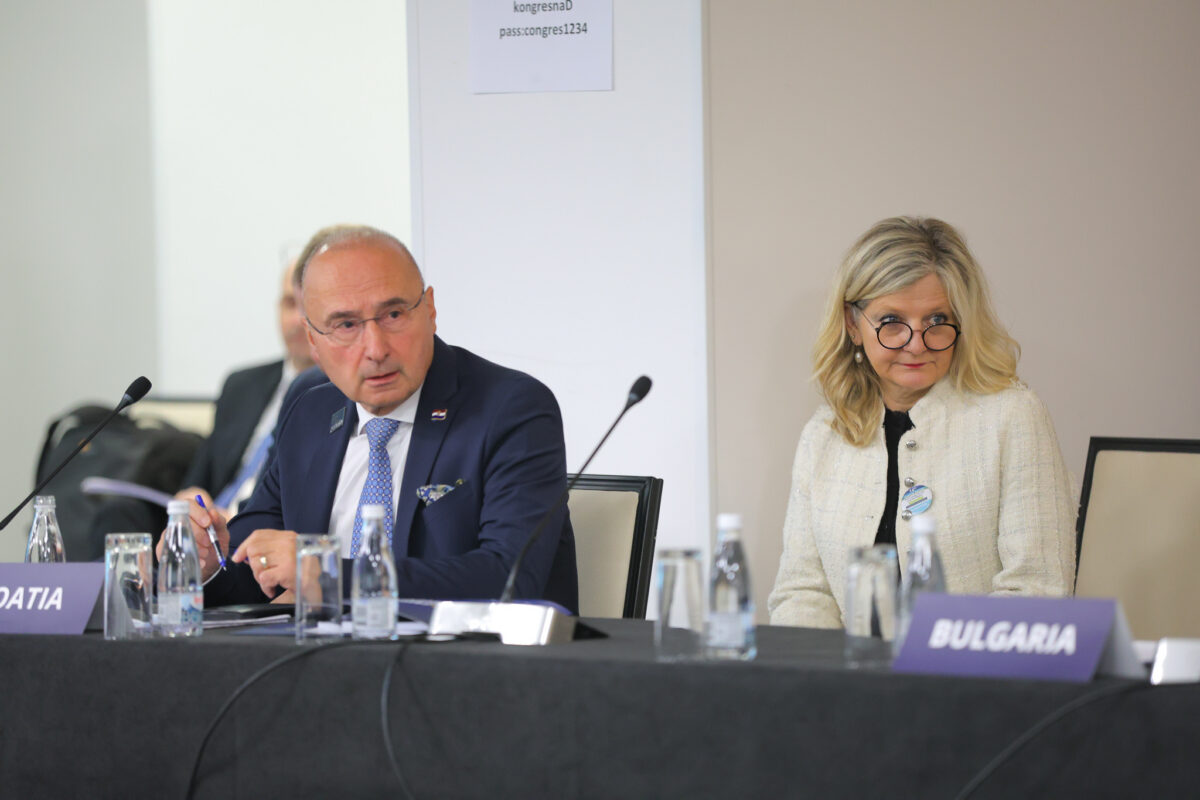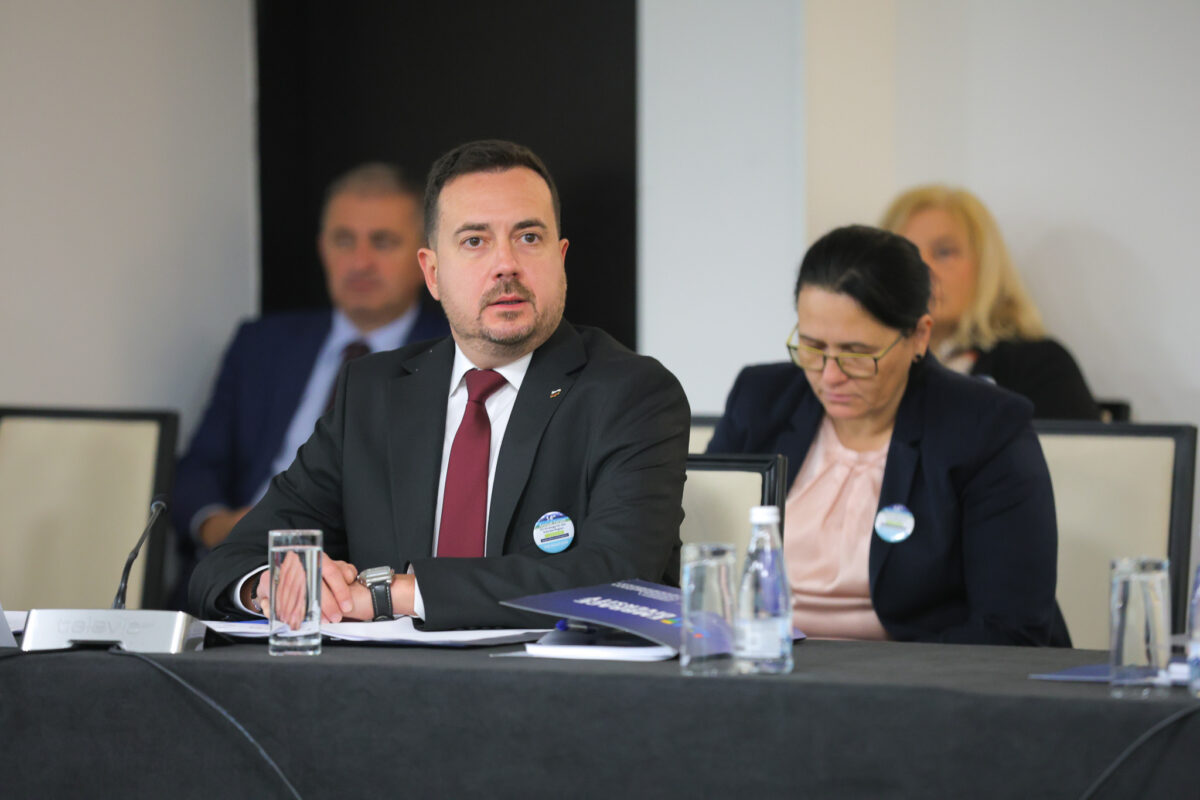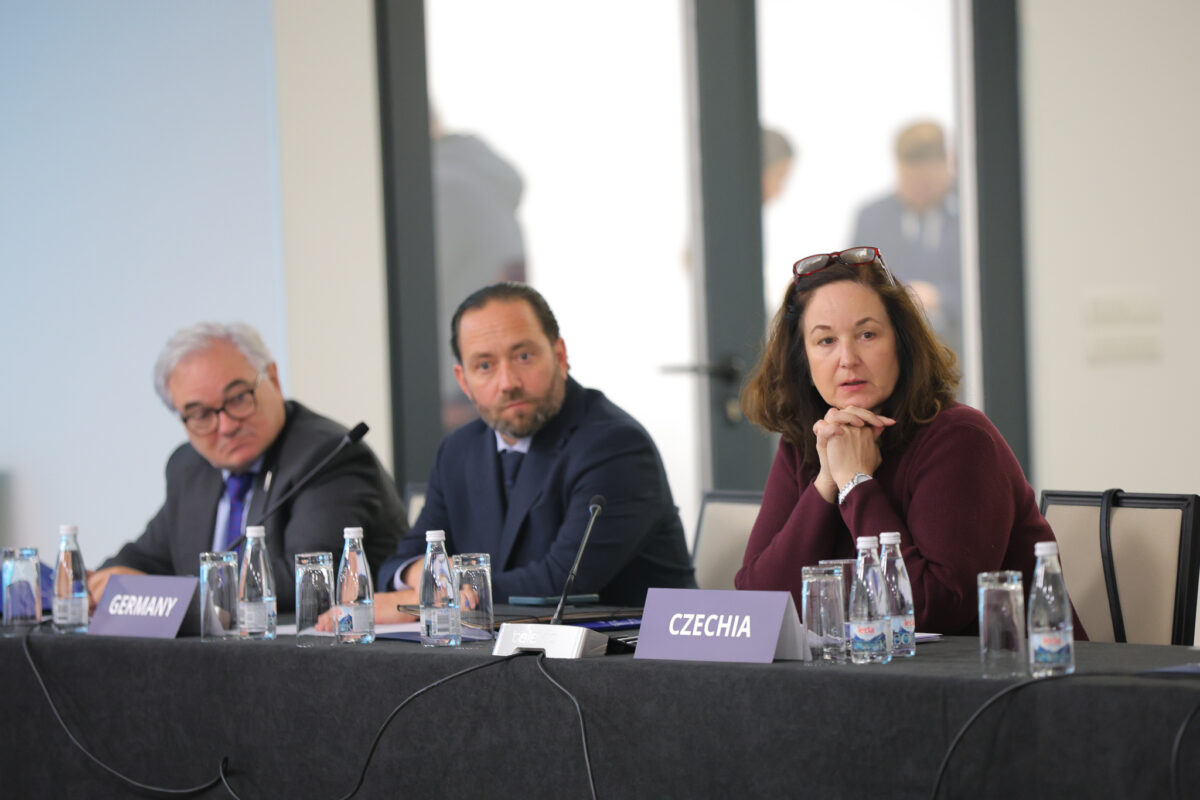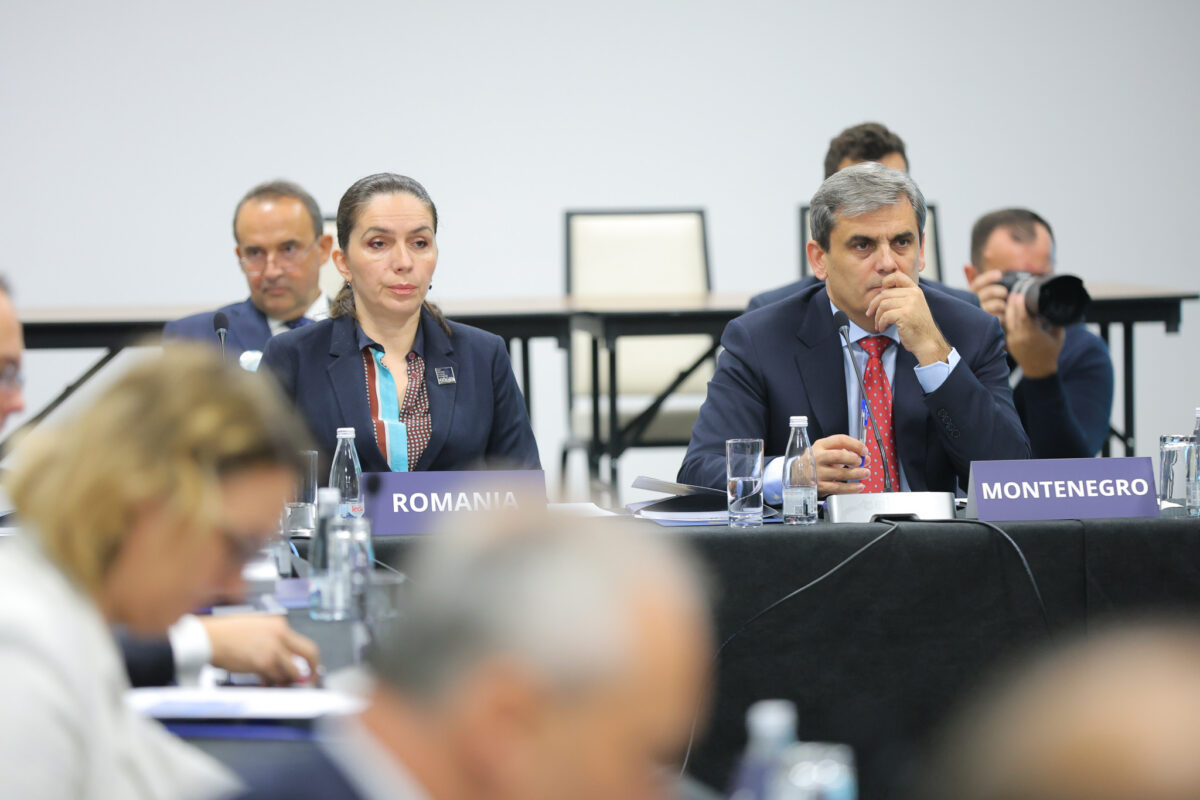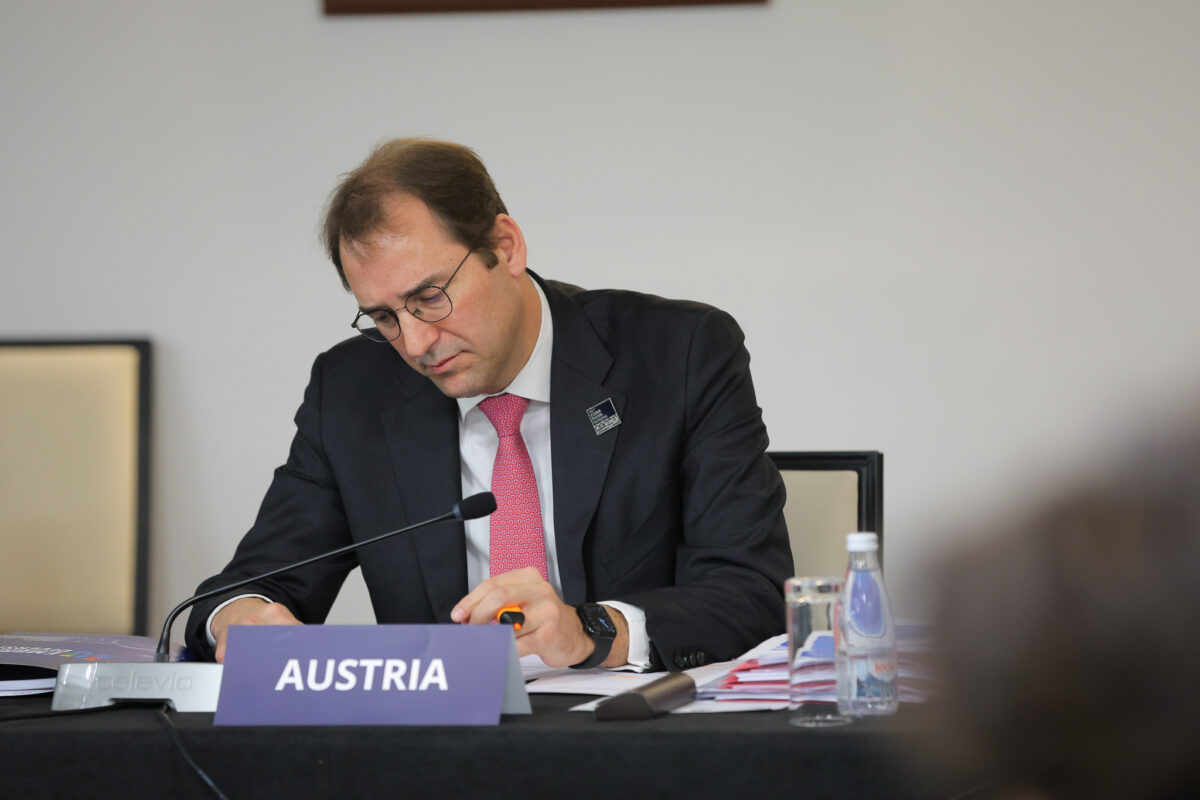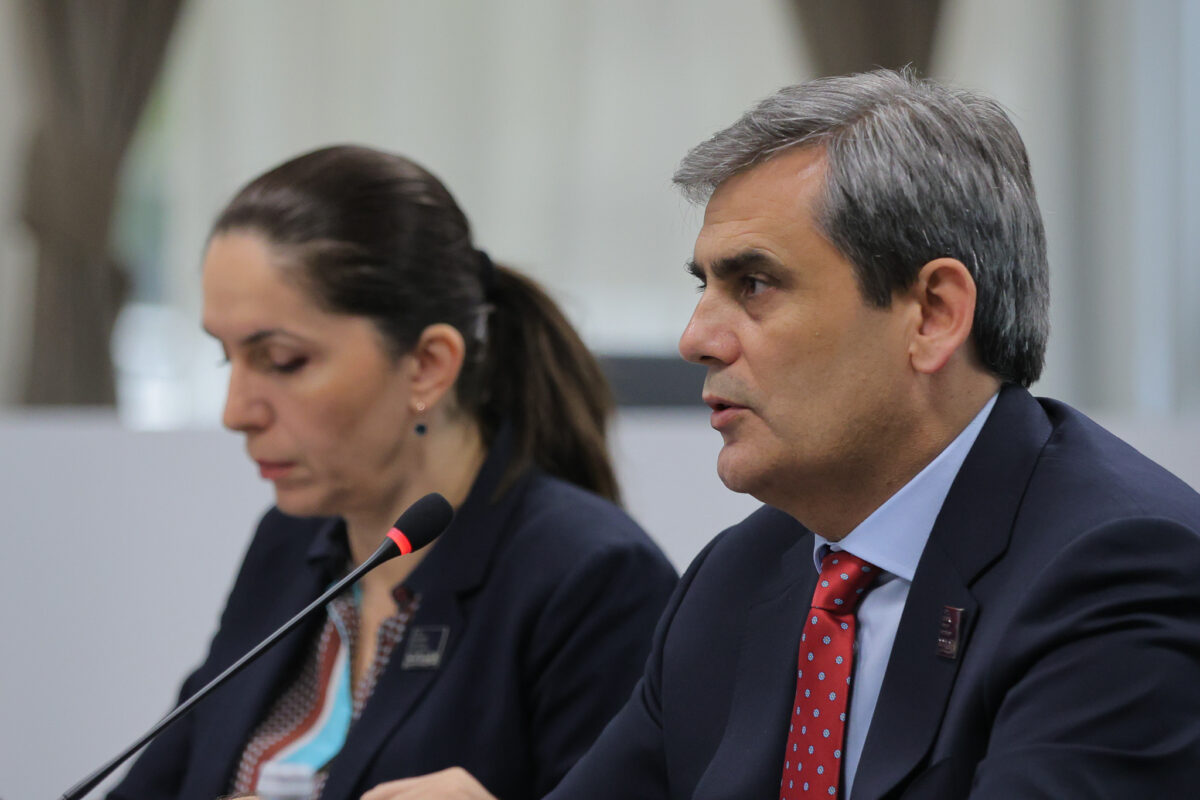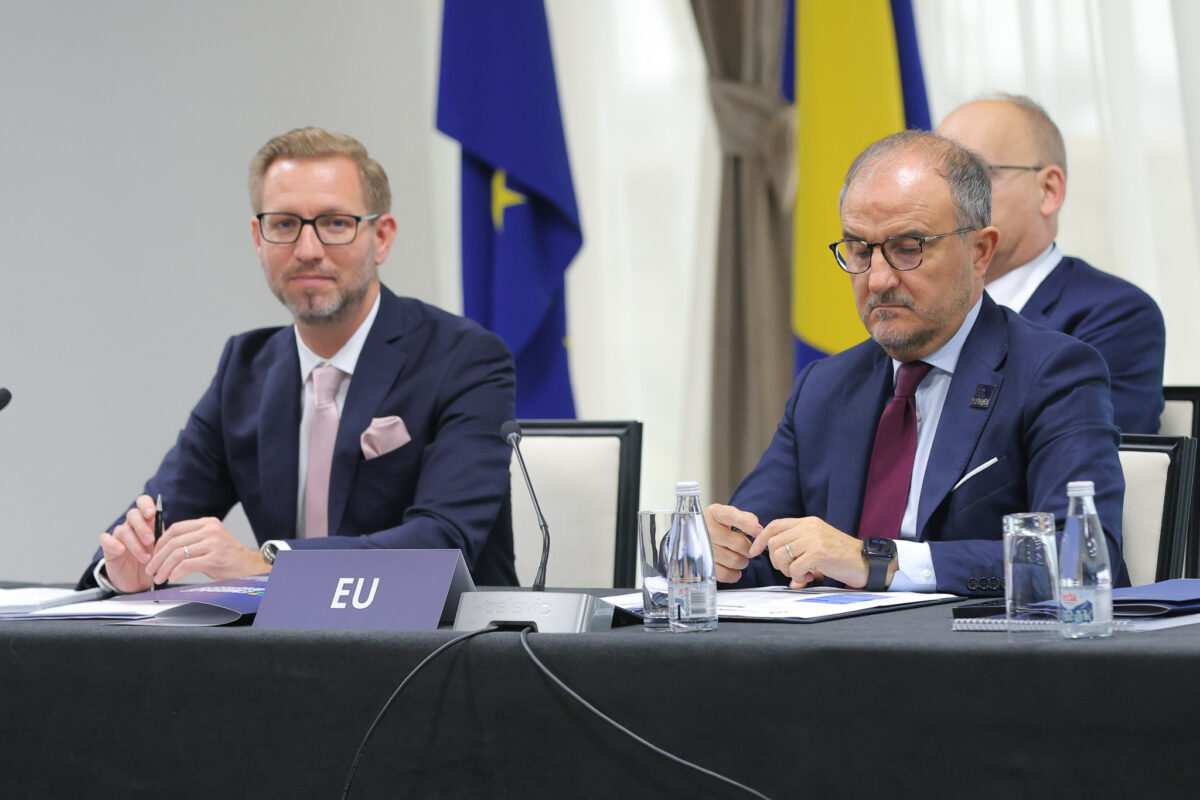©Bosnian and Herzegovinian EUSDR Presidency
On 5 November 2025, In Sarajevo, Bosnia and Herzegovina, the Ministers of Foreign Affairs in the Danube Region adopted the Sarajevo Danube Declaration, reaffirming their shared commitment to regional unity, stability and a common European future.
The Ministers underlined that in 2025, the Danube Region stands at a crucial geopolitical crossroad. While progress has been made on European integration and economic resilience, the Region continues to face security risks, demographic pressures and development disparities. They emphasised that strengthening unity, accelerating enlargement and reinforcing regional cohesion remain essential.
Building upon the Vienna Danube Declaration of 2024, the Ministers expressed their determination to make the Danube Region a space of increasing cooperation, stability and shared values. The EU Strategy for the Danube Region (EUSDR) was acknowledged as a pivotal framework uniting EU Member States and EU candidate countries to address challenges and implement common goals.
The Ministers highlighted the importance of multilateralism, dialogue and trust-building as foundations for lasting security. They condemned the Russian Federation’s war of aggression against Ukraine, expressed full solidarity with Ukraine and reaffirmed their support for its sovereignty, independence and territorial integrity. They denounced the missile and drone attacks targeting Ukraine’s Danube infrastructure and reaffirmed support for the Republic of Moldova’s sovereignty and stability.
They recognised the Danube River as a vital logistical lifeline and confirmed their support for efforts to protect and enhance the freedom of navigation. They welcomed the agreement on the first phase of the Comprehensive Plan to end the Gaza Conflict and reaffirmed their commitment to a comprehensive, just and lasting peace based on the two-state solution.
The Ministers reiterated that the acceleration of the EU integration process must remain a strategic priority, serving as a driver of peace, prosperity, reforms and reconciliation. They stressed the importance of a merit-based, credible and predictable enlargement process, taking into account each country’s progress. The Danube Region was recognised as a model for macro-regional cooperation bridging the EU and its candidate countries, positioning the EUSDR as a tool for gradual EU integration.
They drew attention to the urgency of cooperation in civil protection, border management, migration governance and climate resilience, and underlined the importance of investment in education, youth and innovation. The ongoing work of the Danube Youth Council (DYC) and the Danube Youth Organisations Network (DYON) was commended for promoting participatory democracy and regional identity.
The Ministers reaffirmed their commitment to sustainable tourism, biodiversity preservation, the circular economy and the European Green Deal. They underscored that strengthening energy interconnectivity, digitalisation and transport infrastructure remains vital for competitiveness and sustainable development. They called for embedding EUSDR priorities in future EU funding mechanisms and closer engagement of the European Commission in the next EU Cohesion Policy cycle.
The EUSDR Ministers extended their appreciation to Bosnia and Herzegovina holding the EUSDR Presidency in 2025 and warmly congratulated the Republic of Bulgaria on assuming the Presidency for 2026. They concluded by reaffirming their collective commitment to building a more united, secure and prosperous Danube Region.
Full declaration: Joint Statement of the Danube Foreign Ministers


